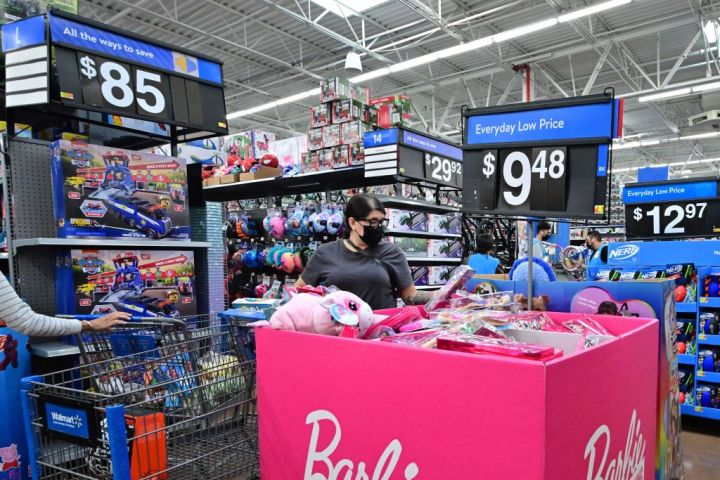
How the world’s richest people became much richer during the pandemic
How the world’s richest people became much richer during the pandemic

About $42 trillion in new wealth was created in the first two years of the pandemic. Two-thirds of that has gone to the richest 1% of the world’s people, according to a report out Monday from the nonprofit organization Oxfam. In the United States, billionaires are a third richer now than they were before the pandemic.
It’s no secret that it’s a lot easier to make money when you already have money.
“So much of what typical people in this country have is based on their income and what they make in the labor market,” said Elise Gould at the Economic Policy Institute. But that’s not the case for the superwealthy, she said.
“Those at the very top are making kinds of investments because they have the money.”
Investments in real estate, in companies, in the stock market, all of which have gained a huge amount of value in the pandemic.
Particularly in the first couple of years, said Molly Kinder at the Brookings Institution.
“The stock market boomed through 2021,” she said. “Companies did extremely well. They benefited from [Federal Reserve] policy, from low interest rates, from big government spending.”
And when companies did extremely well, so did the very rich.
“And that’s because the bulk of stock in this country, of shares, are owned by the wealthiest households. Upwards of 70% of all stock is owned by just the top 5% of richest households,” she said.
But it’s not just that the rich own a lot of stock and the stock market did well, Kinder said. It’s also what many of the big companies that made the most money in the early days of the pandemic — companies like Amazon and Walmart — chose to do with those profits.
“These companies spent five times more rewarding their shareholders through dividends and stock buybacks than they did raising pay for all of their workers,” she said.
Meanwhile, in many countries, inflation is outpacing wages for most workers.
“Hundreds of millions of people are unable to afford the cost of living,” said Nabil Ahmed of Oxfam America, which put out the report. He said extreme poverty is rising again around the world after falling for several decades.
“At every turn, we’re seeing inequality widen as a result of this pandemic,” Ahmed said.
But he said it’s not inevitable. “It comes down to political and policy choices.”
Particularly around taxes and who pays what. In the U.S. and many countries around the world, the richest people often pay a lower tax rate than the middle class.
There’s a lot happening in the world. Through it all, Marketplace is here for you.
You rely on Marketplace to break down the world’s events and tell you how it affects you in a fact-based, approachable way. We rely on your financial support to keep making that possible.
Your donation today powers the independent journalism that you rely on. For just $5/month, you can help sustain Marketplace so we can keep reporting on the things that matter to you.











